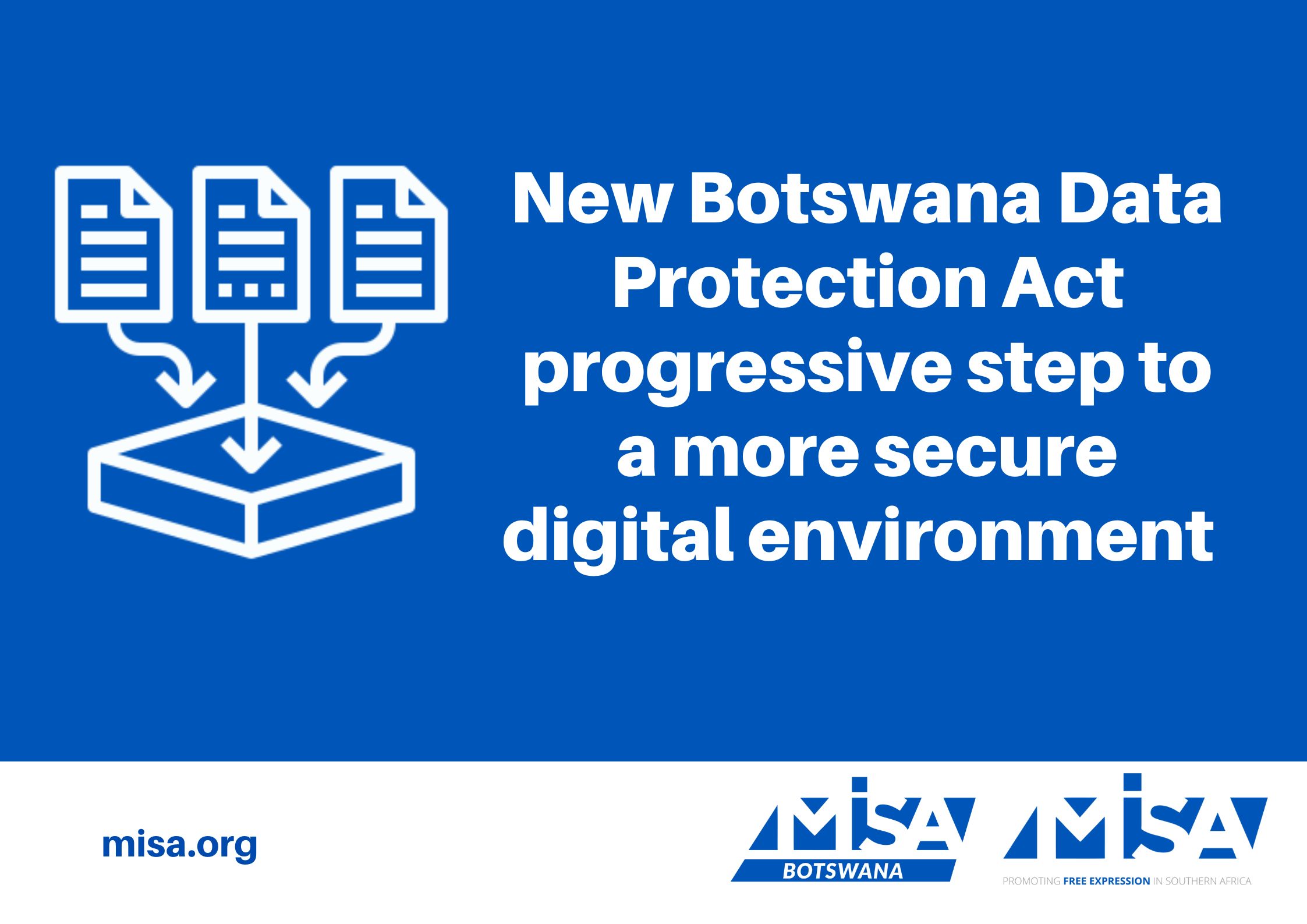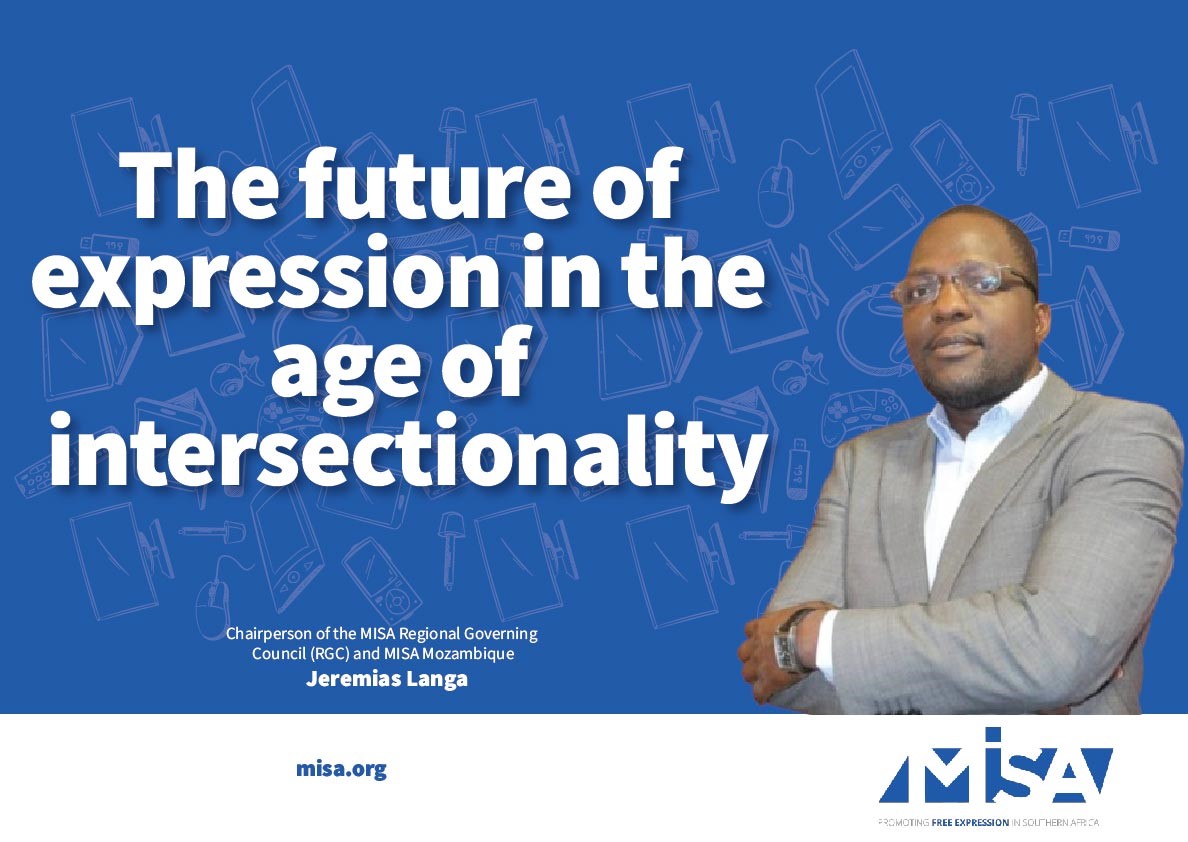Media freedom, independence and diversity
MISA Malawi tracks specific media freedom violations which you can read on your website. We also collate these incidents in our annual publication, So This is Democracy.
In conjunction with fesmedia Africa, MISA Malawi also publishes the African Media Barometer Malawi – a general analysis of Malawi’s media landscape and press freedom trends.
Three-tier broadcasting system
MISA Malawi also actively campaigns for media law reform and institutional and policy changes that further an independent, pluralistic and sustainable three-tier system of broadcasting.
The three-tier system means having community, public and commercial broadcasting that provide content for local, regional and national audiences. It enhances diversity and can help combat the domination of state broadcasters and the exclusion of minority voices.
Community broadcasting
Community media is operated in the community, for the community, about the community and by the community. It is independent, free from political or commercial interference and can provide public platforms for debate and discussion, and also promote social agendas.
The reach of community media, particularly radio, means it provides information and a platform of expression to rural and remote, grassroots communities that may not be represented in other media. The main challenge faced by community radio in Malawi is the difficulty in sustaining themselves beyond initial donor seed money.
Public service broadcasting
Public service broadcasting is created, financed and controlled by the public, for the public. It is neither commercial nor state-owned, and is therefore free from political or commercial interference.
Public service broadcasting informs, educates and entertains. It is an essential part of a pluralistic, diverse broadcasting sector.
MISA Malawi is lobbying for the transformation of the Malawi Broadcasting Corporation from a state broadcaster into a public service broadcaster. It is also advocating for the independence of the Malawi Communications Regulatory Authority.
Media freedom news
New Botswana Data Protection Act progressive step to a more secure digital environment
The Data Protection Act 18 of 2024, published on 29 October 2024 following presidential assent, marks a significant advancement in Botswana’s data privacy landscape. The new Act came into effect on 14 January 2025. The Act replaces the repealed Data Protection...
The future of expression in the age of intersectionality
By Jeremias Langa The existential shockwaves of 2024 will undoubtedly shape developments in 2025! This is so because the preceding year was deemed the year of democracy due to the global density of elections. This did not spare our region as we witnessed eight...
Malawi government’s disregard of right to assemble, free expression, press freedom a concern
As the world celebrates the 2024 Human Rights Day, MISA Malawi is concerned with government's failure to protect fundamental rights of assembly, expression and the media. 'Our Rights, Our Future, Right Now' is the theme for the 2024 celebrations and casts the...
Content Production and Practices in the Digital Age: Threats, Risks, and Opportunities
Virtual Presentation by MISA Regional Director Dr Tabani Moyo at the Media, Human Rights, Citizenship and Development Forum 02 December 2024, Maputo, Mozambique. Chairperson, esteemed members of the diplomatic community, MISA Mozambique Governing Council, the media...
MISA Communiqué on the All Africa Judges and Jurists Summit
The All Africa Judges and Jurists Summit convened in Nairobi, Kenya, from 17 - 18 September 2024, ended with a call to affirm judicial independence and address challenges to judicial independence and the rule of law in Africa. The Summit expressed deep concern over...








